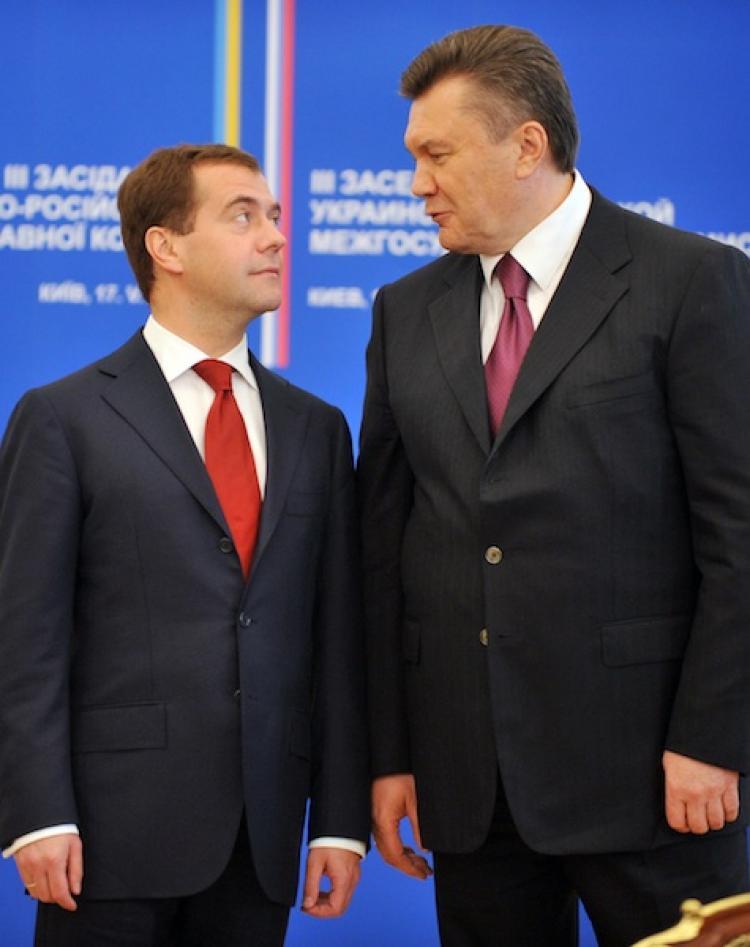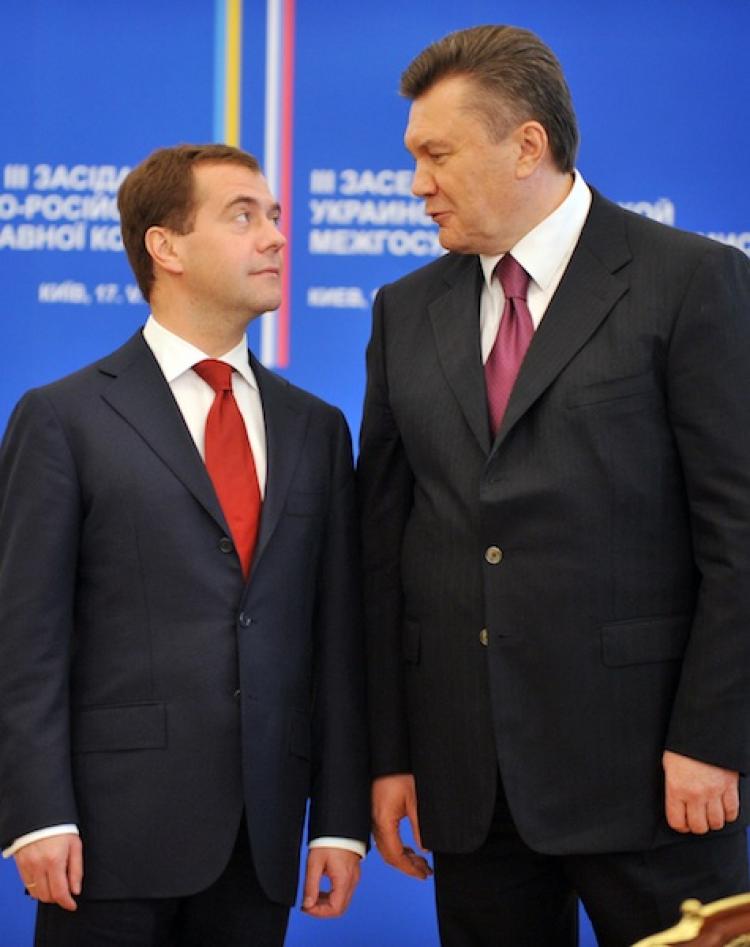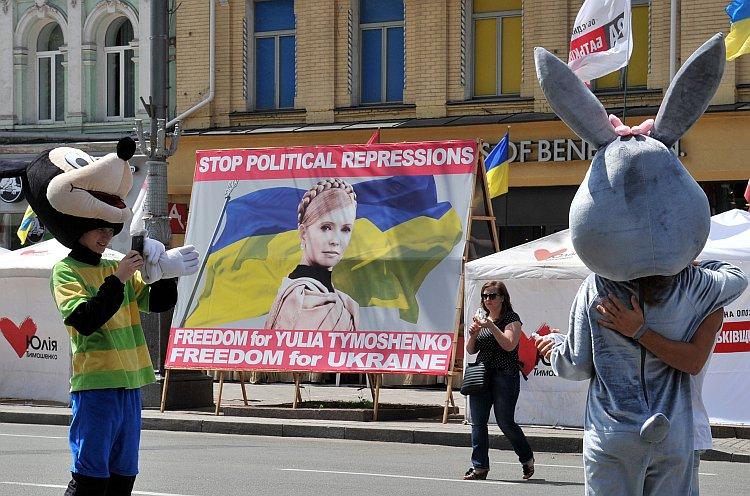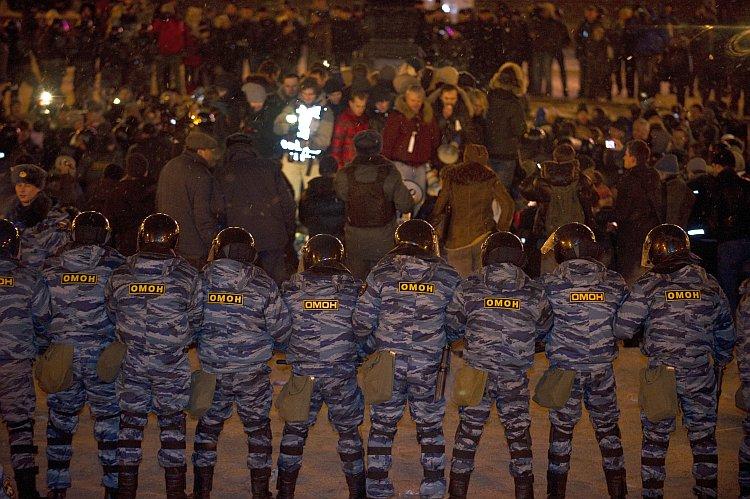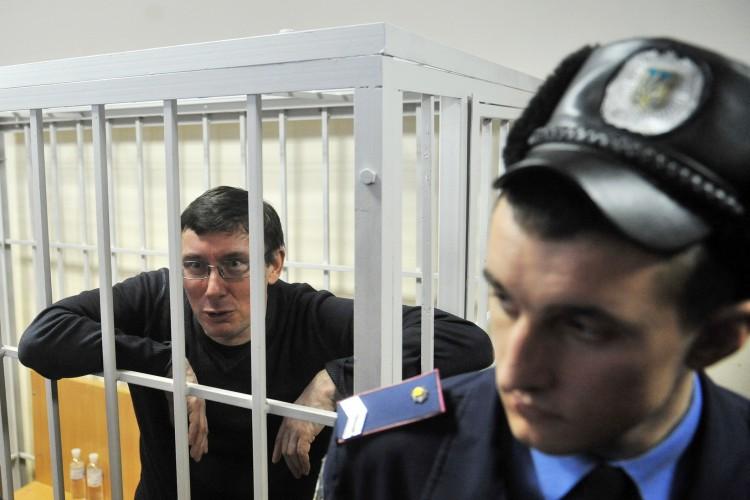KIEV, Ukraine—After a 100 days in office, Ukrainian President Victor Yanukovych’s rule has become more authoritarian, in an attempt to execute promised reforms, say analysts and opposition party members.
“During these 100 days, Ukraine de facto transformed into presidential republic, from a parliamentary one,” Igor Zhdanov, Director of the Ukrainian thinktank Open Politics, said at a press conference in Kyiv last week.
Opposition parties claim that the government is preventing discussion over key bills and programs, such as the state budget. Or, they say, if these topics are discussed, opposition proposals have not been included.
Russian-leaning Victor Yanukovych won the presidency in February this year, beating out Orange Revolution leaders, former Prime Minister Yulia Tymoshenko and former President Victor Yushchenko.
Under Yanukovych, the stalemate between Russia and Ukraine has eased. The relationship between the two nations is closer today than at any time during Yushchenko’s five-year term.
Key to this warming of ties was the signing of a deal under which Ukraine gained cheaper gas prices from Russia, and the Russian navy won the right to extend its presence in the Crimean Peninsula until 2042.
The ratification of the deal in Ukraine’s Parliament was met with heavy resistance from the opposition parties: they threw smoke bombs, eggs, and fists over the attempt to pass the deal.
According to a recent opinion poll by the Kyiv-based Gorshenin Institute, a majority of Ukrainians consider the deal with Russia to be a progressive move, and not a threat to Ukrainian sovereignty, as the opposition asserts.
Yanukovych has also put the breaks on Ukraine’s NATO ambitions, choosing instead to keep Ukraine nonaligned. Joining NATO has received low support from Ukrainians.
In terms of press freedom and human rights, Ukraine is also slipping with increased complaints of human rights violations from different social organizations and nationalist parties.
Journalists from several central TV channels have also accused the government of censoring reports criticizing authorities. The government has denied the claims.
“The matter is not one of planned government attacks [on the media], but one of the position media outlet owners take – they do not want a conflict with the authorities,” explains Zhdanov.
Economic Reforms Not Tough Enough
Last week, Yanukovych presented his first economic reform plan, aiming to ultimately bring Ukraine into the G-20 family of industrialized nations. The program seeks to reduce the budget deficit, simplify the tax system, attract foreign investments, and develop the financial market.
Ukraine has signed a new $19 billion credit program with the International Monetary Fund (IMF) to finance the reforms, replacing the unfinished document signed by Tymoshenko’s government.
However, the IMF is not pleased with Kyiv’s newly proposed plan. The IMF’s representative in Ukraine Max Alier said last week that Kyiv’s plan to reduce its budget deficit by 1 percent and inflation by 6 percent per year is not ambitious enough.
Analysts say that Yanukovych is concerned about implementing an austerity plan similar to Greece, France, and Italy that have proven wildly unpopular sparking mass demonstrations. Yanukovych promised to improve the quality of life in Ukraine and is therefore afraid to lose the public trust.
“During these 100 days, Ukraine de facto transformed into presidential republic, from a parliamentary one,” Igor Zhdanov, Director of the Ukrainian thinktank Open Politics, said at a press conference in Kyiv last week.
Opposition parties claim that the government is preventing discussion over key bills and programs, such as the state budget. Or, they say, if these topics are discussed, opposition proposals have not been included.
Russian-leaning Victor Yanukovych won the presidency in February this year, beating out Orange Revolution leaders, former Prime Minister Yulia Tymoshenko and former President Victor Yushchenko.
Under Yanukovych, the stalemate between Russia and Ukraine has eased. The relationship between the two nations is closer today than at any time during Yushchenko’s five-year term.
Key to this warming of ties was the signing of a deal under which Ukraine gained cheaper gas prices from Russia, and the Russian navy won the right to extend its presence in the Crimean Peninsula until 2042.
The ratification of the deal in Ukraine’s Parliament was met with heavy resistance from the opposition parties: they threw smoke bombs, eggs, and fists over the attempt to pass the deal.
According to a recent opinion poll by the Kyiv-based Gorshenin Institute, a majority of Ukrainians consider the deal with Russia to be a progressive move, and not a threat to Ukrainian sovereignty, as the opposition asserts.
Yanukovych has also put the breaks on Ukraine’s NATO ambitions, choosing instead to keep Ukraine nonaligned. Joining NATO has received low support from Ukrainians.
In terms of press freedom and human rights, Ukraine is also slipping with increased complaints of human rights violations from different social organizations and nationalist parties.
Journalists from several central TV channels have also accused the government of censoring reports criticizing authorities. The government has denied the claims.
“The matter is not one of planned government attacks [on the media], but one of the position media outlet owners take – they do not want a conflict with the authorities,” explains Zhdanov.
Economic Reforms Not Tough Enough
Last week, Yanukovych presented his first economic reform plan, aiming to ultimately bring Ukraine into the G-20 family of industrialized nations. The program seeks to reduce the budget deficit, simplify the tax system, attract foreign investments, and develop the financial market.
Ukraine has signed a new $19 billion credit program with the International Monetary Fund (IMF) to finance the reforms, replacing the unfinished document signed by Tymoshenko’s government.
However, the IMF is not pleased with Kyiv’s newly proposed plan. The IMF’s representative in Ukraine Max Alier said last week that Kyiv’s plan to reduce its budget deficit by 1 percent and inflation by 6 percent per year is not ambitious enough.
Analysts say that Yanukovych is concerned about implementing an austerity plan similar to Greece, France, and Italy that have proven wildly unpopular sparking mass demonstrations. Yanukovych promised to improve the quality of life in Ukraine and is therefore afraid to lose the public trust.

